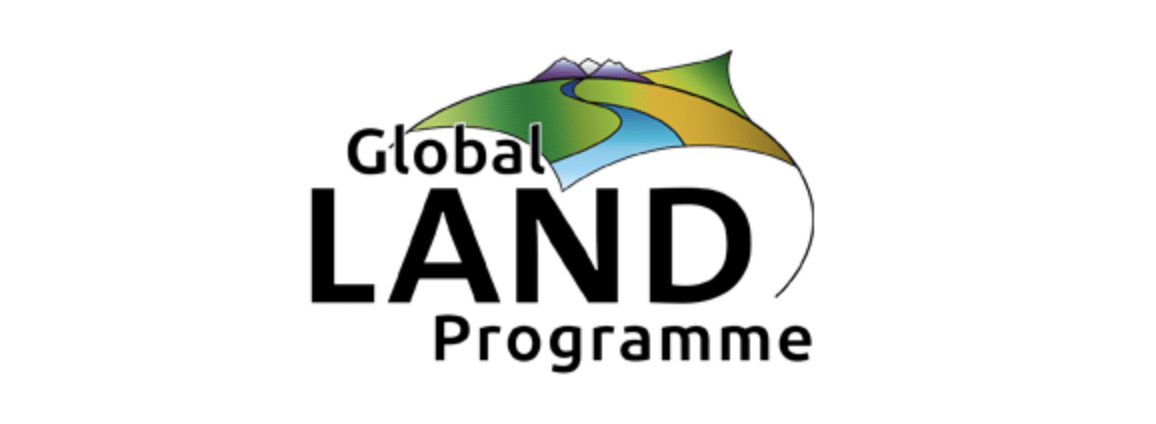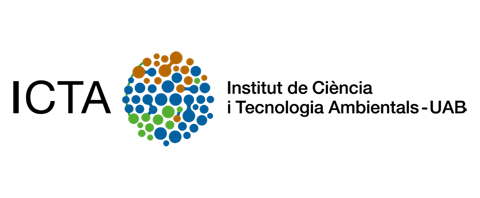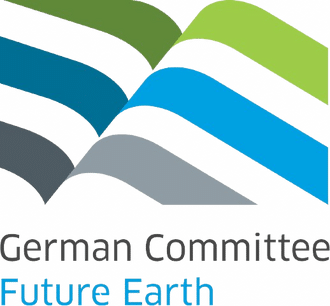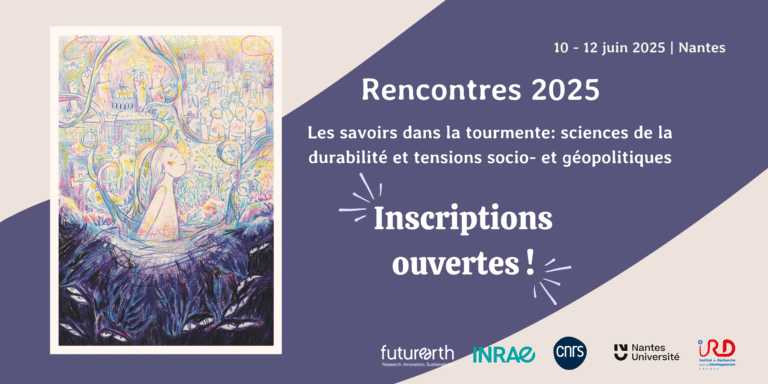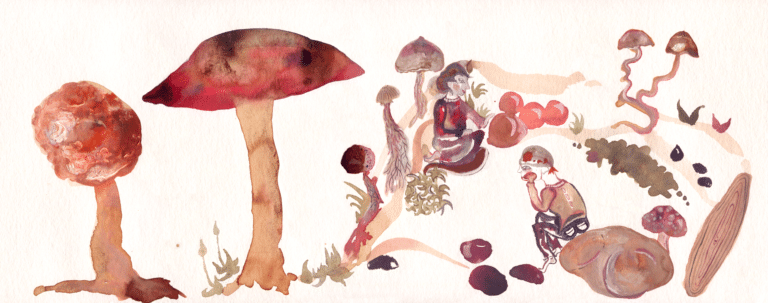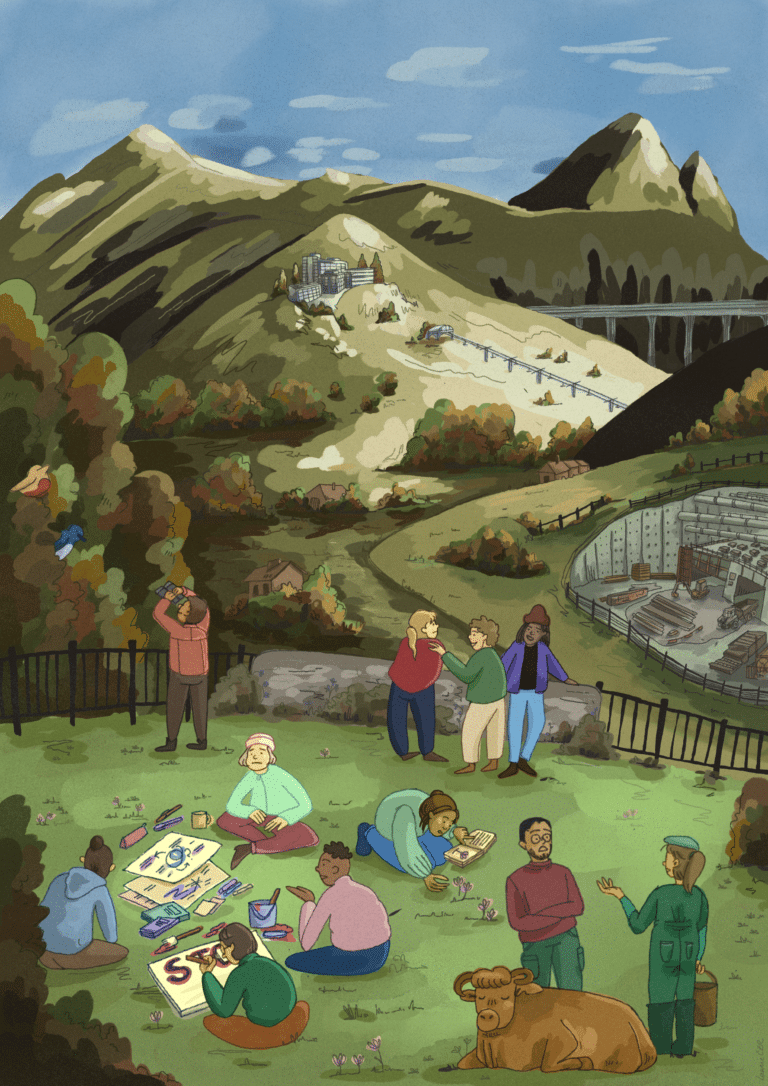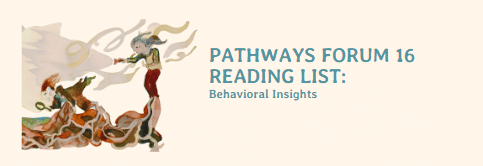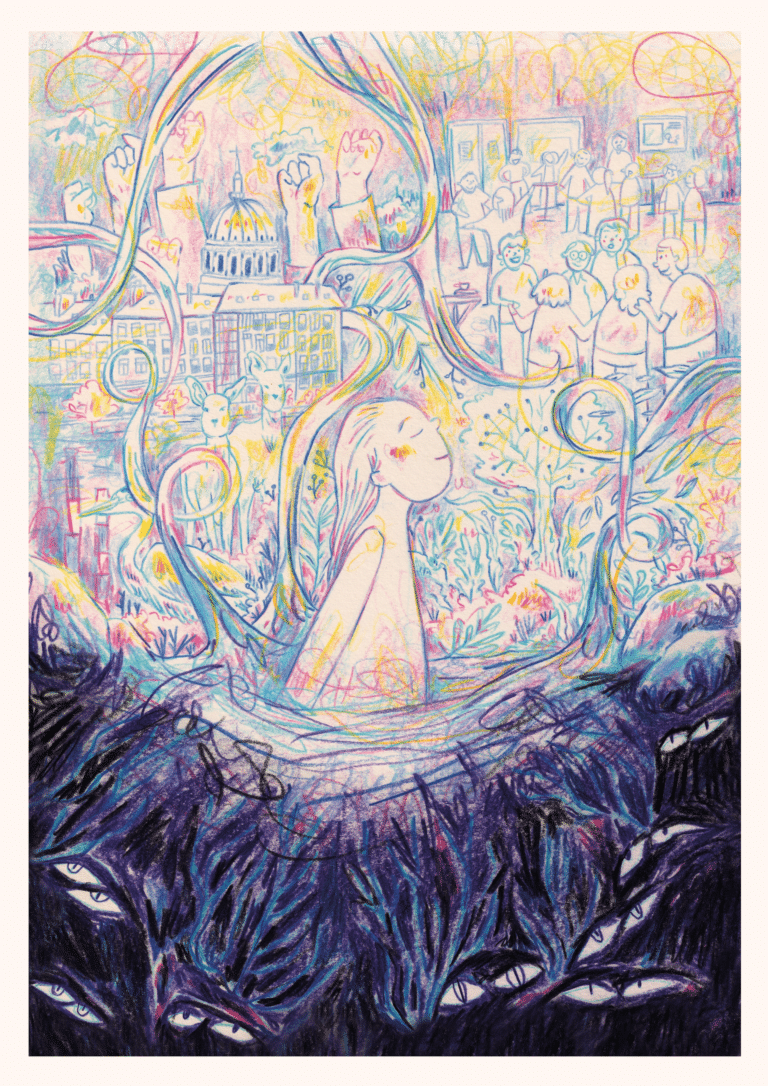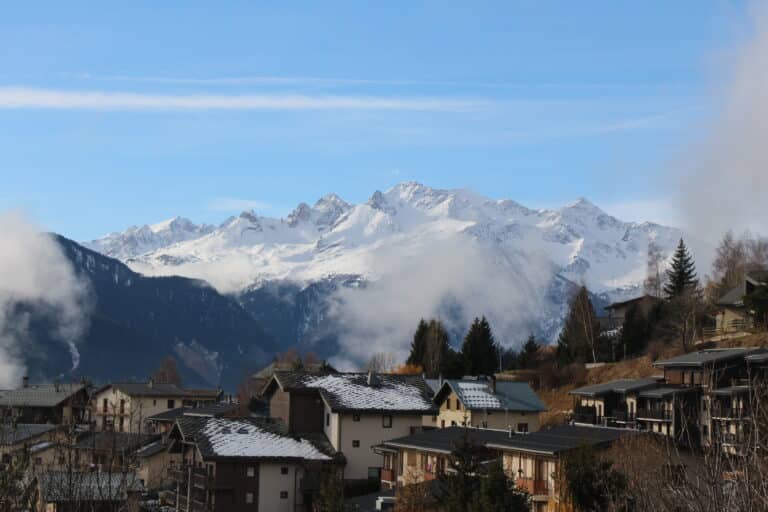The 4th edition of the Pathways Autumn School will take place from October 13–17, 2025, in Aussois, in the French Alps. It will gather 50 young researchers and senior researchers to share and reflect around the theme « Towards Just and Sustainable Futures: Concept, Challenges and Practices ». The call for applications opens on March 17th and closes on May 12th.
Towards Just and Sustainable Futures: Concepts, Challenges and Practices
The Context
Humanity is facing multiple interlinked environmental, social, and political crises, including anthropogenic climate change, biodiversity loss, continued structural injustices, geopolitical threats, armed conflicts, and the rise of populism, all of them with devastating effects for the planet and human wellbeing. These crises stem from unsustainable relationships with nature and dominant economic and political systems deeply rooted in power imbalances and inequalities. Attempting to resolve these complex sustainability challenges requires transformative changes that are ‘fundamental, system-wide shifts in views, structures and practices’ (IPBES, 2025). To inform and contribute to such fundamental societal transformations, sustainability science must embark on its own transformative journey in which scientists reflect and deliberate on the role of science for a better future. It requires us to re-examine and transform our own role and practices in the generation of actionable knowledge.
The Pathways Autumn School creates a learning space for early-career researchers in sustainability science, as a space of connection among scientists from all disciplines who are working to understand sustainability challenges and actively contribute to societal transformations. The School allows participants to critically explore and learn both the what and the how of conducting transformative research. What are the main concepts and frameworks mobilized in sustainability science? What does it mean to design and develop research that advances the understanding of complex socio-ecological systems and actively contributes to their transformation? How can researchers adapt or respond to fast moving technological and geopolitical shifts, which challenge the role of experts in societies? Participants from across Europe engage with these questions, both personally and collectively through a shared living space and a 5-day programme consisting of interactive workshops, keynote sessions, outdoor activities and interdisciplinary exchang
The 2025 Edition
The 2025 School’s programme is built around three modules that explore some of the main concepts, practices, and challenges of conducting a transformative turn within sustainability science:
Module 1 – Towards a shared glossary for interdisciplinary work in sustainability science
Through keynote sessions, key concepts and frameworks in sustainability science will be introduced and discussed. In addition, all participants will contribute to the development of a glossary. Its purpose is not to offer definitive meanings as definitions should enhance precision and clarity, not lead to exclusion. Rather it invites critical reflection and constant interrogation of terms, concepts and frameworks mobilized by researchers from various research fields, as a way to bridge disciplines and facilitate interdisciplinary work.
Module 2 – Learning to engage with societal actors: a case study in the Alps
Transdisciplinary modes of research are an important practice in sustainability science. Transdisciplinarity allows for mutual learning between researchers and societal actors to address real-world problems. Participants will learn from a concrete transdisciplinary research project on adaptation to climate change in the Alps, through interactive sessions with the project team. By reflecting on the design and practical development of participatory projects, their objectives and impacts, as well as their ethical dimensions, participants will be enabled to integrate new practices into their future research portfolios.
Module 3 – Technological and geo-political dynamics: Key challenges for sustainability science
Sustainability science doesn’t exist in a vacuum; it is deeply influenced by various geopolitical and technological forces. Global power imbalances and colonial legacies hinder efforts to address socio-ecological crises in just ways. The rise in populist and authoritarian movements are often linked to climate skepticism and hostility toward scientists. Social media, increasingly powered by AI, is changing how scientific knowledge is developed and disseminated. Geoengineering options, as a response to climate change, put forward by techno-solutionnist discourses, have become increasingly pressing issues in the current geopolitical context. Through keynote and interactive sessions, participants will critically reflect on these dynamics, their links to socio-ecological crises, and how researchers can contribute to redirecting these trends toward more sustainable and equitable trajectories.
Important Information
- Where? Centre Paul-Langevin, 24 rue du Coin, 73500 Aussois, France
- When? 13-17 October 2025, with the possibility to arrive on Sunday 12
- Contact: stephanie.otoole@futureearth.org
- Call for applications: opens on 17 March and closes on 12 May at midnight CEST
- Who can apply? Doctoral researchers or researchers who finished their PhD in the last 10 years (excluding periods of parental leave) who are leaving and working in Europe
- Accommodation, meals and teaching costs are fully covered by the organizers. Travel costs to the School can be covered on a case-by-case basis, primarily for participants living/working in middle income European countries. For full details, please check the application form.
Organising Committee
Cristina O’CALLAGHAN GORDO (Open University of Barcelona, Barcelona Institute for Global Health)
Guntra AISTARA (Central European University)
Helmut HABERL (Institute of Social Ecology, University of Natural Resources and Life Sciences in Vienna, Global Land Programme)
Nathalie BLANC (CNRS, Université Paris Cité)
Nigel YOCCOZ (University of Tromsø, Global Mountain Biodiversity Assessment)
Sandrine PAILLARD (CNRS, Future Earth)
Shonali PACHAURI (International Institute for Applied Systems Analysis)
Stephanie O’TOOLE (CNRS, Future Earth)
Victoria REYES (ICTA, Autonomous University of Barcelona)
Wolfgang CRAMER (CNRS, CNFCG)
Speakers - TBA
We are currently composing this year’s panel, check last year’s speakers!

Provisional Programme - TBA
Our programme is currently under construction, you can check last year’s programme to get an idea of what it will look like!
Partners

